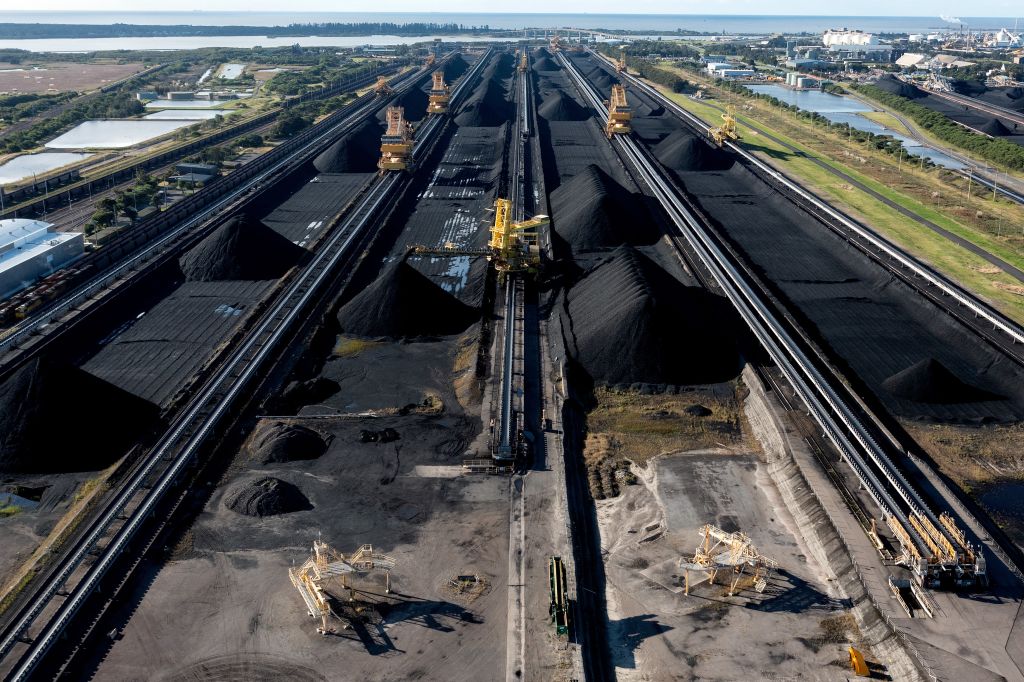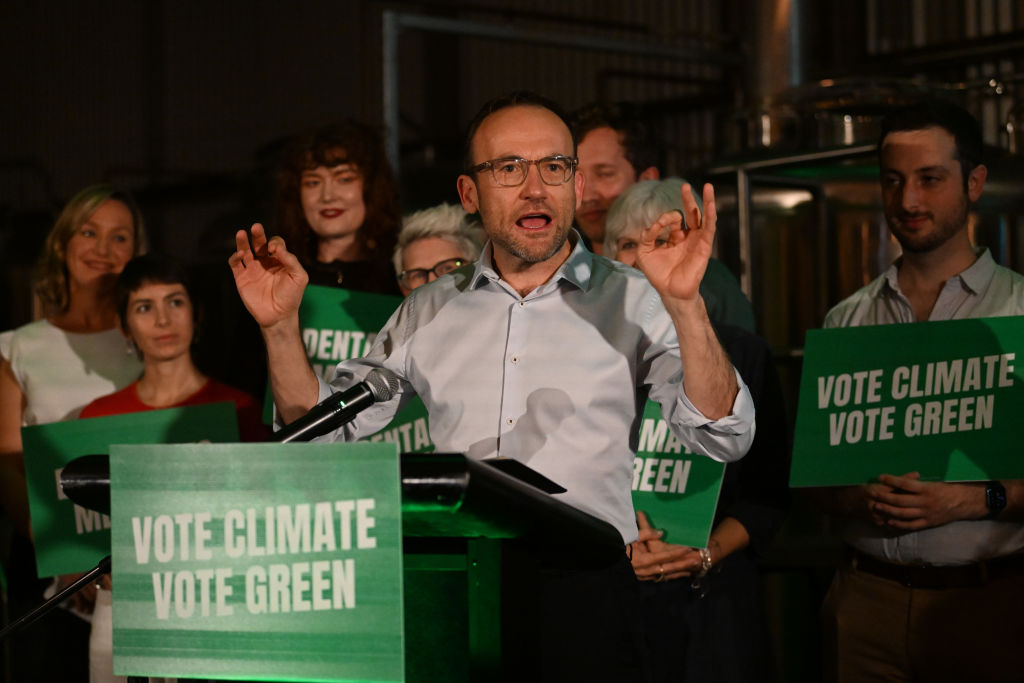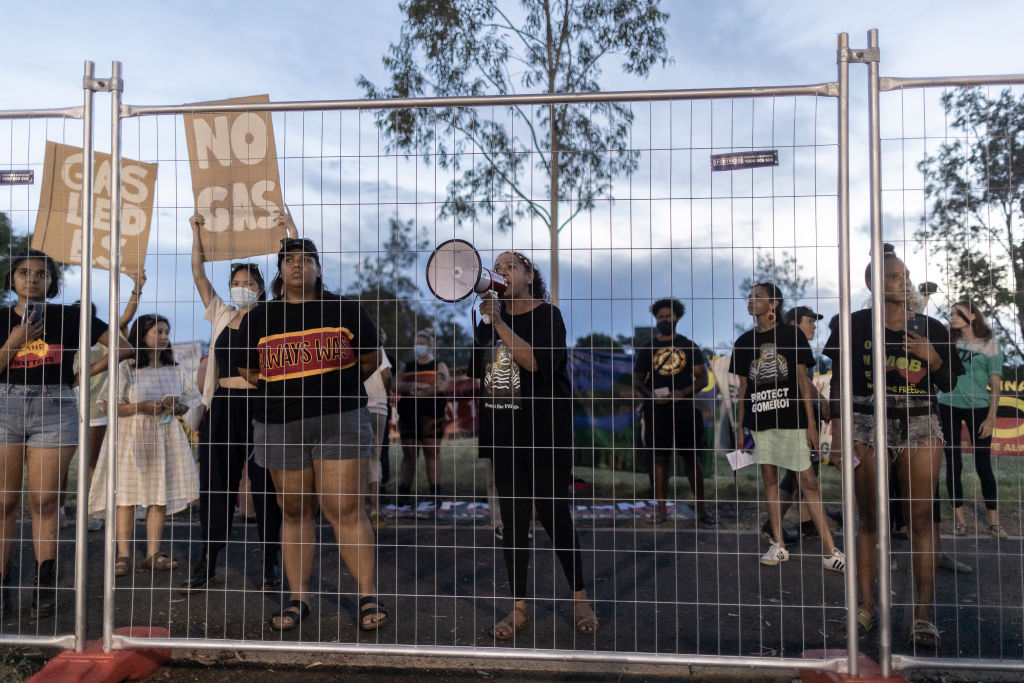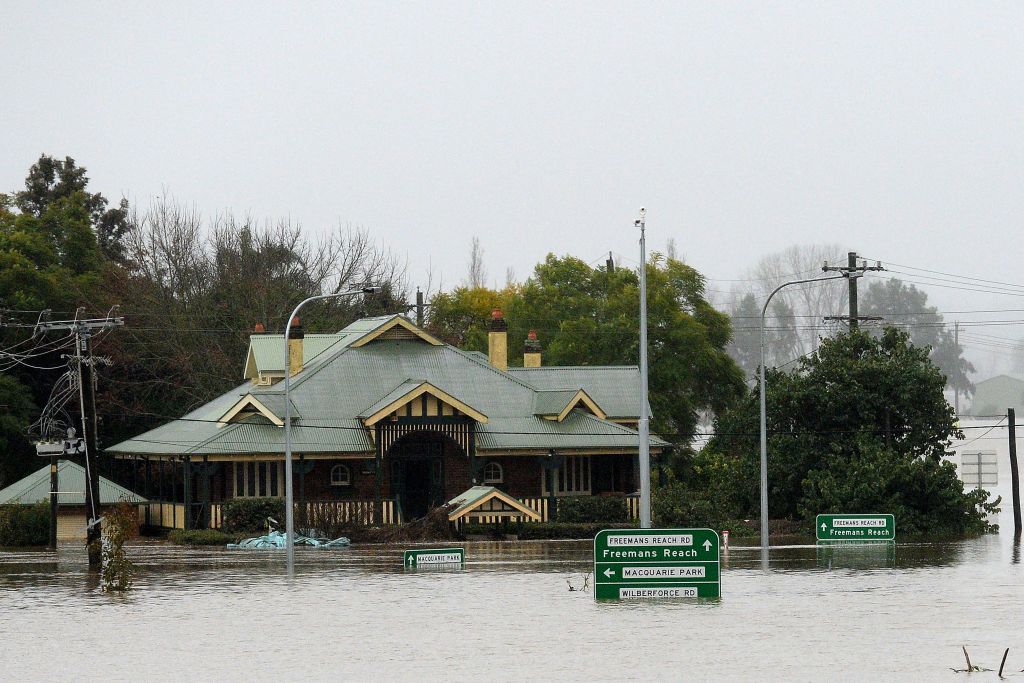
Australian Prime Minister Anthony Albanese promised to end the country’s acrimonious climate wars when he was elected in May—ousting a government which had dragged its feet on taking meaningful action on climate change since coming to power in 2013.
He made an important step in the right direction on Aug. 4, when Australia’s House of Representatives passed legislation that will enshrine tougher emissions reductions targets when it passes the Senate, which is expected to happen in September. The new national target—a 43% cut in greenhouse gas emissions below 2005 levels by 2030—will be a step up from the previous conservative government’s target of between 26% and 28%. The law will also reaffirm the country’s commitment to net-zero emissions by 2050.
It’s the country’s most meaningful climate legislation in a decade—and the journey to get here has seen more than one prime minister ousted for attempting to take climate action. But climate advocates say that the new law will be just the beginning of a long fight to get the country—the world’s third largest exporter of fossil fuels—where it needs to be. This will be a “springboard for future action,” Amanda McKenzie, the CEO of the Climate Council, tells TIME. “This is the necessary first step,” she says, but “there is still a long way to go.”
The Fossil Fuel Question
It was clear from the start what the biggest hurdle would be to securing a strong climate proposal. Ahead of Australia’s climate bill being introduced to parliament in late July, Albanese said in a televised interview with the national broadcaster the Australian Broadcasting Corporation that the Labor Party, which Albanese leads, would not support a moratorium on fossil fuel projects because doing so would have a “devastating impact on the Australian economy.”
More from TIME
Australia produces 7% of all the world’s fossil fuel exports, ranking behind only Russia and Saudi Arabia. Environmentalists argue that the continued extraction of fossil fuels would undermine any target the country sets, and that Australia’s fossil fuel exports are a significant driver of global emissions. “The single biggest contribution Australia could make to stopping climate change would be to stop opening new coal and gas projects,” Adam Bandt, the leader of the Greens Party and a member of parliament, tells TIME.

Read More: Climate Could Change the Course of Australia’s Election
After weeks of negotiations, which resulted in ensuring that the new targets are a floor not a ceiling, and allowing for ambition to be ratcheted up over time, Bandt announced his support for the legislation—which is key to its passage given the Greens hold the balance of power in the Senate. That’s despite the Greens’ inability during negotiations to include bans on new coal and gas projects in the legislation. But Bandt has vowed to find other ways to fight new fossil fuel projects. “Even just one big project would blow these weak targets out of the water,” he says.
There are 114 new coal and gas projects in Australia’s investment pipeline. That includes the controversial Scarborough gas project in Western Australia, which would produce liquified natural gas (LNG), much of which would be exported and burned in Asia. The project, led by Woodside Energy, is facing a public backlash—which has included online petitions and protests outside the company’s Perth offices—and a legal challenge from an environmental group which argues that burned fuel from the project would increase global temperatures and further damage Australia’s Great Barrier Reef, which has already been hit by climate-change induced bleaching. Activists say if the project goes ahead, burning the fuel unlocked from underground will release as much pollution as 20,000 flights around the world every day, for the next 25 years.
The Greens aren’t the only group in Australia fighting against new coal and gas projects. Many Indigenous Australians oppose new fossil fuel developments on their traditional land. A group of Indigenous Australians, for example, filed a lawsuit in June to try to stop Santos Ltd. from trying to develop a multi-billion dollar gas project off northern Australia.

And six in ten Australians (63%) support introducing a ban on new coal mines opening in Australia, according to a 2022 poll by the Lowy Institute think tank, and the percentage of younger Australians that don’t want any new coal mines is even higher, at 70%. That sentiment was evident in the recent election, which delivered a stinging rebuke to the conservative Liberal Party—which pumped tens of millions of dollars into a “gas-led” recovery from the pandemic—and elected a record number of independent candidates who support tougher climate action (so-called “teal independents”), and members of the Greens Party. These climate-friendly politicians have promised to hold the Labor government accountable to take action, and their efforts were visible in negotiations over the climate bill. Before it was passed by the House of Representatives, the government agreed to add in several minor amendments to strengthen it.
Read More: Tech Billionaire Mike Cannon-Brookes on How Australia Could Become a Renewable Energy Superpower
“The Beginning of a Long Journey”
How Australia’s emissions targets will be implemented remains to be seen. The new climate bill, “sets a target, but it doesn’t actually tell us how we’re going to get there,” says Kate Chaney, an independent candidate who successfully rode the recent “greenslide” election wave to Australia’s House of Representatives.
Now attention will turn to the Labor Party’s broader climate policy package—including a $14 billion effort to modernize the grid, support for electric vehicles, and proposals to reform the existing Safeguard Mechanism, which in theory requires Australia’s largest polluters to keep their net emissions below a certain limit, but in practice hasn’t really worked. (Individual baselines are set in consultation with the polluting parties themselves and no company has ever been penalized for breaching its limit despite one in five fossil fuel companies significantly exceeding their approved emissions, according to the Climate Council.)
Details on many of these policies still need to be worked out, but the unprecedented number of climate-friendly politicians in parliament will likely continue to push the Labor Party on its policies, and drive other climate-related initiatives. Bandt of the Greens has promised to continue to fight new fossil fuel projects through a range of pathways—like the changes to the Safeguard Mechanism and by targeting fossil fuel subsidies in the budget. Fossil fuel subsidies stand at around $8 billion a year, according to the independent public policy think tank the Australia Institute. That means Australian taxpayers are subsidizing the fossil fuel emissions which are worsening the floods and bushfires that have increasingly devastated communities across the country in recent years.

Read More: If Australia Wants to be a Green Energy Superpower, It Needs to Include Its Aboriginal Communities
Many teal independents may push the government on subsidies as well, along with focusing on areas such as strengthening environmental and conservation laws, and ensuring any future coal and gas developments are in line with the country’s emissions targets. “We work with the government as much as possible to hold them to account,” Chaney says.
There’s much work to be done, but pretty much everyone agrees that the country’s new climate bill is a step in the right direction. “On a pragmatic level, I backed these targets because you’ve got to lock in the progress where you see it,” says Chaney. “I think it’s the beginning of a long journey. It’s like turning a large vehicle around, you’ve got to start somewhere, but it’s gonna take a while.”
More Must-Reads from TIME
- Cybersecurity Experts Are Sounding the Alarm on DOGE
- Meet the 2025 Women of the Year
- The Harsh Truth About Disability Inclusion
- Why Do More Young Adults Have Cancer?
- Colman Domingo Leads With Radical Love
- How to Get Better at Doing Things Alone
- Michelle Zauner Stares Down the Darkness
Write to Amy Gunia at amy.gunia@time.com